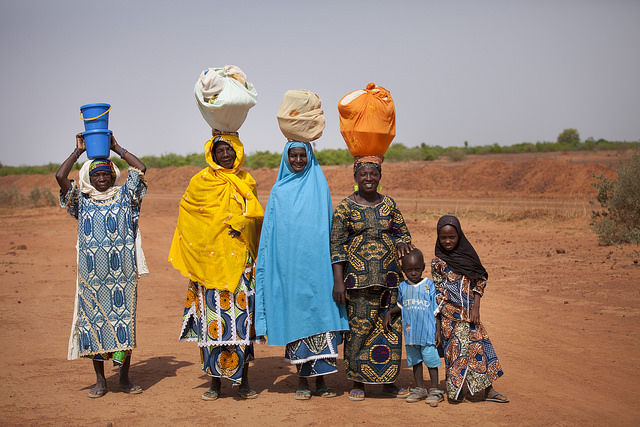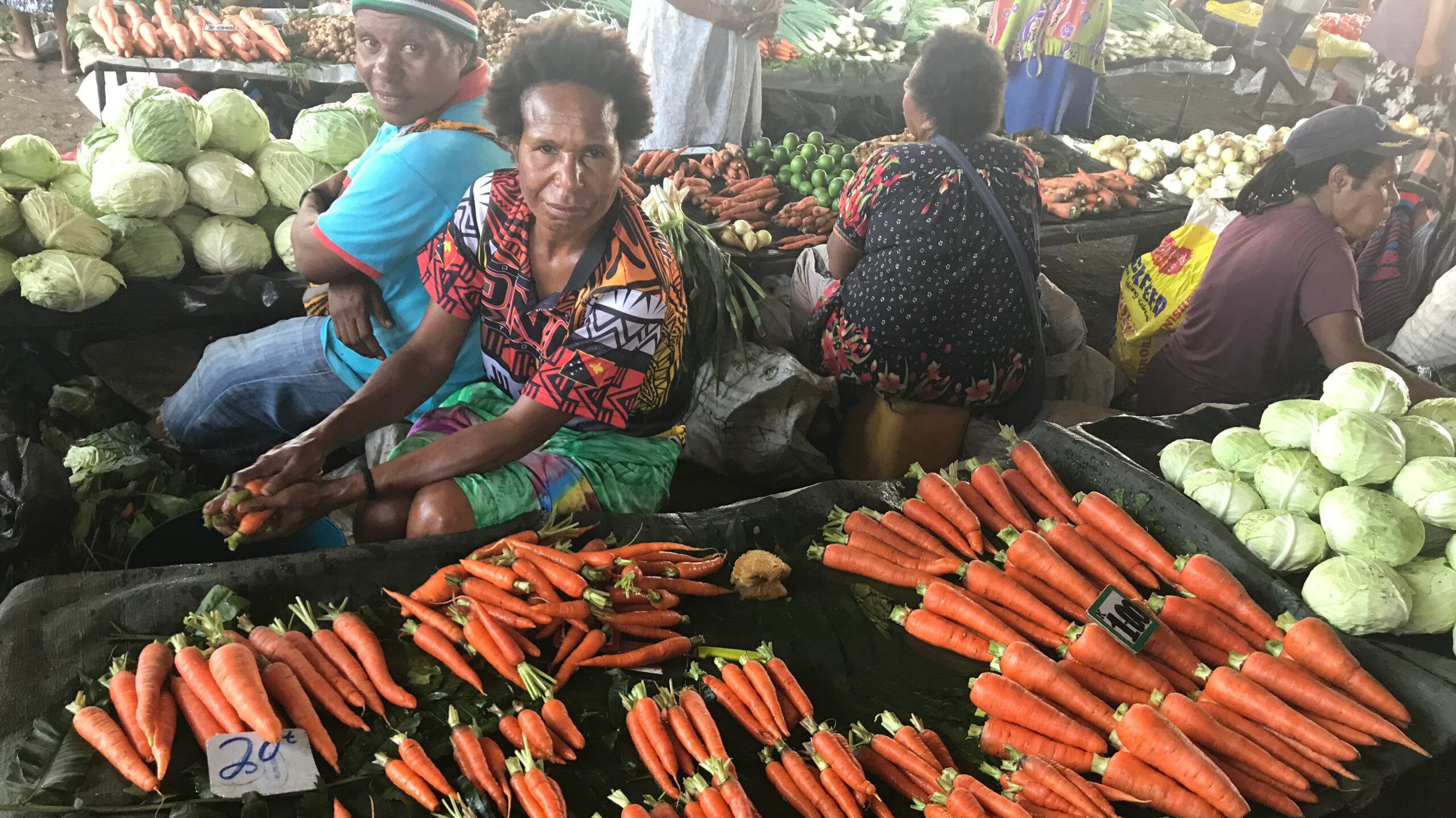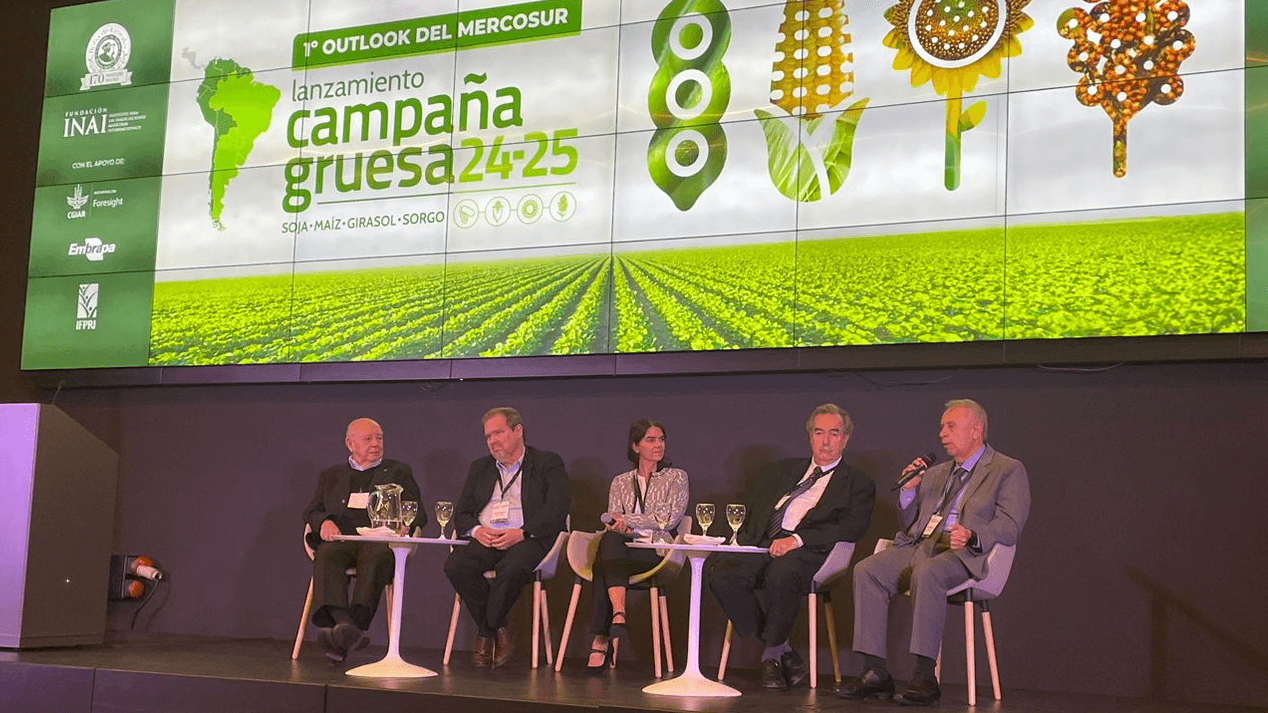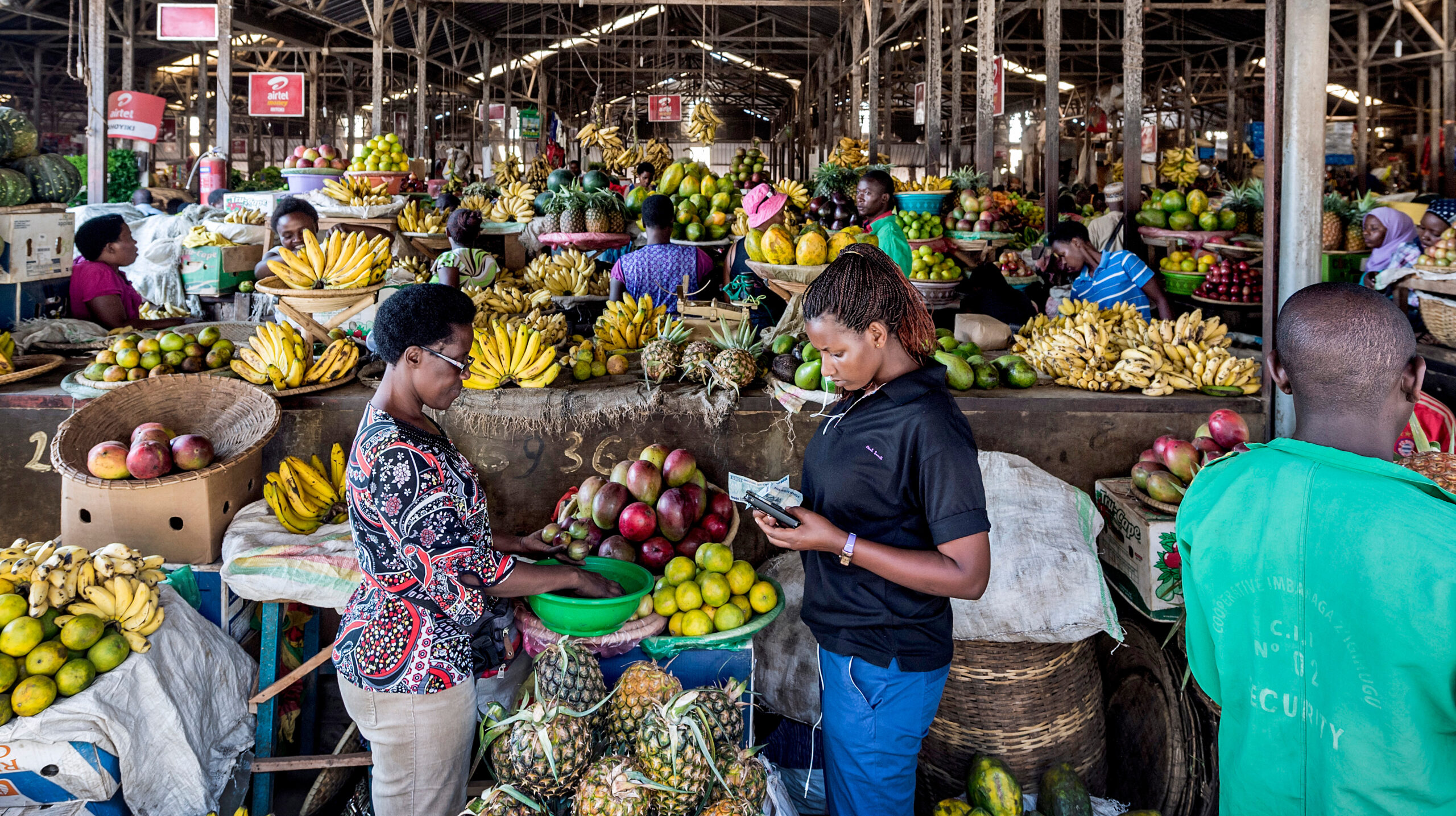The following story by Sara Stevano, Postdoctoral Fellow in the Department of Economics in SOAS, University of London and the Leverhulme Centre for Integrative Research on Agriculture and Health (LCIRAH), was originally published on the CGIAR Research Program on Agriculture for Nutrition and Health (A4NH) website. In this blog, Sara shares findings from a recent systematic review on agriculture, time use, and nutrition, which also will be presented during an IFPRI Policy Seminar on May 7, 2015.
Agricultural development plays a role in improving nutrition. However, agricultural practices and interventions determine the amount of time dedicated to agricultural and domestic work. Time spent in agriculture – especially by women – competes with time needed for resting, childcare and food preparation, and can have unintended negative consequences for nutrition. The diagram below represents that theory of change that links agriculture and nutrition via time use.







